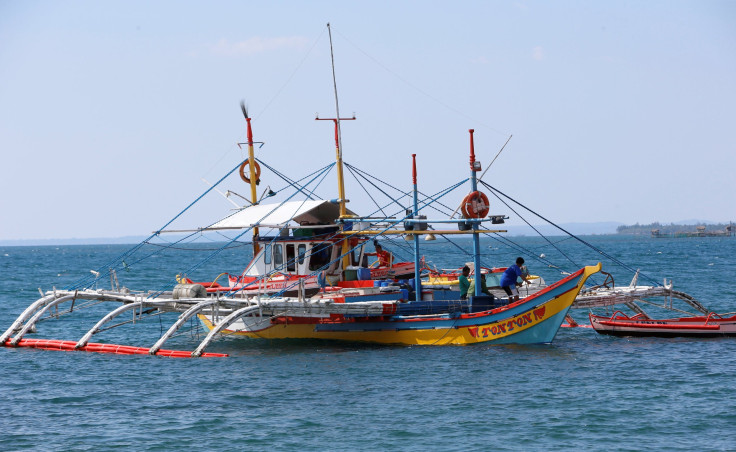China 'Sorry' For Ramming, Sinking Philippine Fishing Boat But Questions Remain

Almost three months after a Chinese vessel rammed and sank a Filipino fishing boat, the vessel’s owner has finally apologized at least by proxy. The names of the Chinese shipowner, ship captain, and crew were not revealed in a memorandum that read, "The shipowner of the Chinese fishing boat involved, through our Association would like to express his sincere apology to the Filipino fishermen.”
The only “clue” to the owner’s identification was that the vessel in the incident was registered in mainland China’s Guangdong province, a coastal area facing the South China Sea. The memorandum was released by China’s Department of Foreign Affairs (DFA) on Wednesday and the “Association” was in reference to the Guangdong Fishery Mutual Insurance Association. Its president, Chen Shiqin, is credited with writing the text of the memorandum.
The apology said, "We believe that although this accident was an unintentional mistake of the Chinese fishermen, the Chinese fishing boat should, however, take the major responsibility in the accident," in reference to an accident investigation completed by the Chinese. A separate joint investigation report between the Philippine Coast Guard and the Maritime Industry Authority called the incident a “very serious" marine incident and that the Chinese vessel could have, but failed to, take action to avoid the risk of the collision.
Philippine President Rodrigo Duterte has always downplayed the event referring to it as a "little maritime incident" perhaps not wanting to cause any distractions from his scheduled talks with Chinese leader Xi Jinping that are currently underway. Duterte left for China just hours after the release of the apology.
Despite the acceptance of the apology, several questions remain unanswered about the sinking of the Philippine boat. Was it truly an accident? Why did the Chinese crew abandon 22 Filipino fishermen who were left in the open sea for hours before being rescued by a Vietnamese vessel? Was the incident a collision, where both vessels are moving, or an allision, where a stationary vessel is struck by another on the move and less likely an accident?
The apology letter, to its issuers' credit, did allude to providing some compensation to the Filipino fisherman as it read, "Our Association will urge the shipowner of the fishing boat involved to actively coordinate with the Philippine side to expedite the latter's claim for compensation according to the procedures for insurance claim."
Philippine presidential spokesperson Salavador Panelo said in a statement, "We likewise welcome the owner's humility to take responsibility and acknowledgment that compensation must be provided to cover the actual loss.”
While there will likely be some continued grumbling about the depth of the apology and compensation, all sides are thankful that there were no casualties caused by the sinking of the boat and its aftermath.
© Copyright IBTimes 2025. All rights reserved.





















